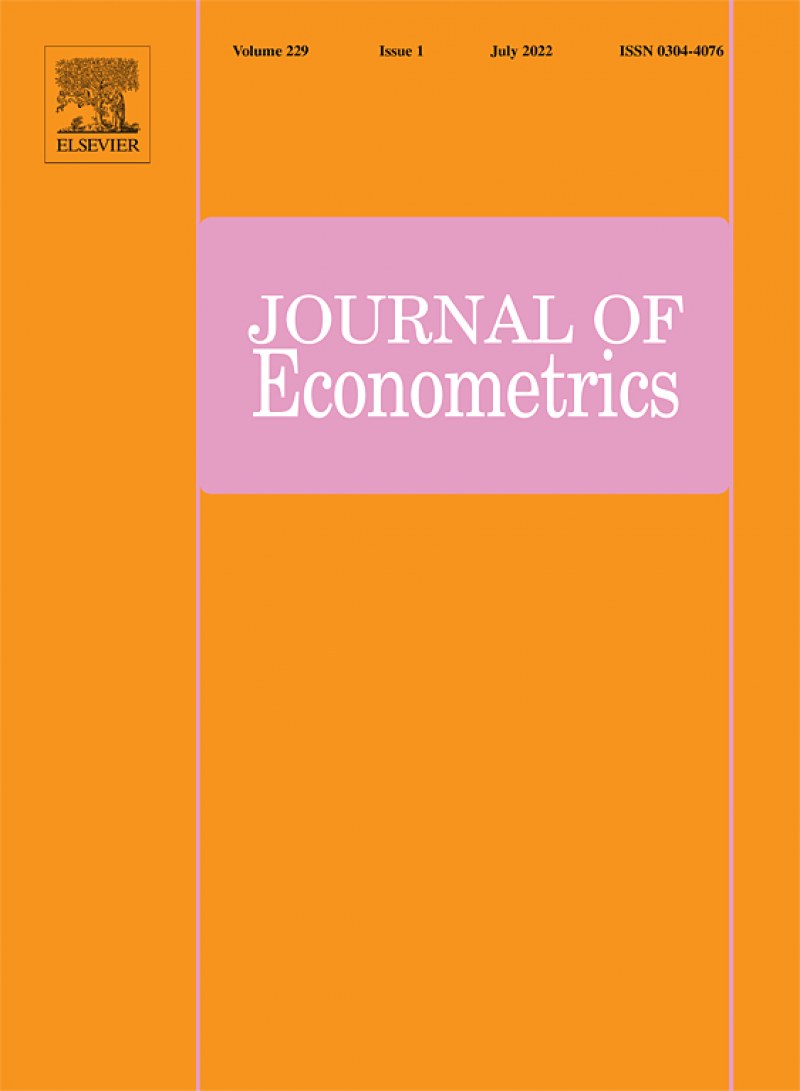Igor Custodio João, André Lucas, Julia Schaumburg, and Bernd Schwaab in the Journal of Econometrics on Dynamic clustering
The paper “Dynamic clustering of multivariate panel data" authored by PhD student Igor Custodio João, research fellows André Lucas and Julia Schaumburg (Vrije Universiteit Amsterdam), and alumnus Bernd Schwaab (ECB) is forthcoming in the Journal of Econometrics.

Abstract
We propose a dynamic clustering model for uncovering latent time-varying group structures in multivariate panel data. The model is dynamic in three ways. First, the cluster location and scale matrices are time-varying to track gradual changes in cluster characteristics over time. Second, all units can transition between clusters based on a Hidden Markov model (HMM). Finally, the HMM’s transition matrix can depend on lagged time-varying cluster distances as well as economic covariates. Monte Carlo experiments suggest that the units can be classified reliably in a variety of challenging settings. Incorporating dynamics in the cluster composition proves empirically important in a study of 299 European banks between 2008Q1 and 2018Q2. We find that approximately 3% of banks transition per quarter on average. Transition probabilities are in part explained by differences in bank profitability, suggesting that factors contributing to low profitability for some banks can lead to long-lasting changes in financial industry structure.
Click here to view publication.
Article Citation
Igor Custodio João, André Lucas, Julia Schaumburg, and Bernd Schwaab, “Dynamic clustering of multivariate panel data", Journal of Econometrics, in press, doi.org/10.1016/j.jeconom.2022.03.003